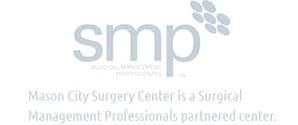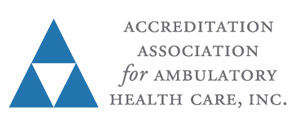INSTRUCTIONS FOR YOUR EGD (Esophagogastroduodenoscopy)
What is an EGD?
- An EGD is a procedure that allows the physician to examine the esophagus, stomach (gastro) and duodenum (the first part of the small intestine leaving the stomach) by using a small flexible tube with a camera on the end.
- An EGD is a safe and effective way for the physician to assess your upper gastrointestinal tract for possible diagnosis and treatment of your medical condition.
- Medication will be given through an IV to help you relax and minimize discomfort. While lying on your left side, the gastroscope will be passed through your mouth in to the esophagus. The gastroscope is then passed into the stomach and small bowel. You may experience a gagging sensation at the beginning of the procedure and possibly minor throat irritation for several hours afterward.
- Biopsies (small tissue samples) may be taken to have pathologist look for any abnormalities. Polyps (growths of tissue) may be found and removed and sent for pathologic examination. You will be notified of the pathology report in approximately two weeks.
Reasons to have an EGD:
- Difficulty swallowing
- Removal of esophageal obstructions
- Gastro-esophageal reflux (GERD)
- Persistent nausea and vomiting
- Acute or chronic gastrointestinal bleeding
- Chronic abdominal or epigastric pain
- Follow up examinations of Barrett’s Esophagus
It is your responsibility to check with your insurance carrier regarding coverage for this benefit.
One Week Before Your EGD:
- Arrange for a driver for the date of the procedure.
- You will not be allowed to drive, take a taxi or a bus home as you will receive sedation during the procedure.
- Plan to be at the appointment for several hours and possibly longer.
- Time of arrival will be determined closer to the date of the procedure and will be given to you during the Pre-procedure phone call (1-3 days prior to procedure).
- The time of your procedure may change.
- Please do not make other plans for the day of your procedure.
Medications:
- Blood thinners are to be held a recommended number of days prior to your EGD.
- Determine with your prescribing physician when to stop any prescribed blood thinners.Do NOT stop any medications without talking with your prescribing physician first. Examples are, but not limited to:
- Coumadin/Jantoven (Warfarin)
- Ticlid (Ticlidopine)
- Effient (Prasugrel)
- Pradaxa (Dabigatran)
- Eliquis (Apixaban)
- Xarelto (Rivaroxaban)
- Zontivity (Varapaxar)
- Plavix ( Clopidrogel)
- Brilinta (Ticagrelor)
- You may continue Aspirin
- A Mason City Surgery Center nurse will review your medications 1-3 days prior to your procedure during the Pre-procedure phone call. The nurse will give you instructions on what medication you should take the morning of the procedure.
Night Prior to Procedure:
- Do not eat or drink anything after midnight.
If you have any questions, please call us between 8am-5pm, Monday through Friday at 641-494-2000.









